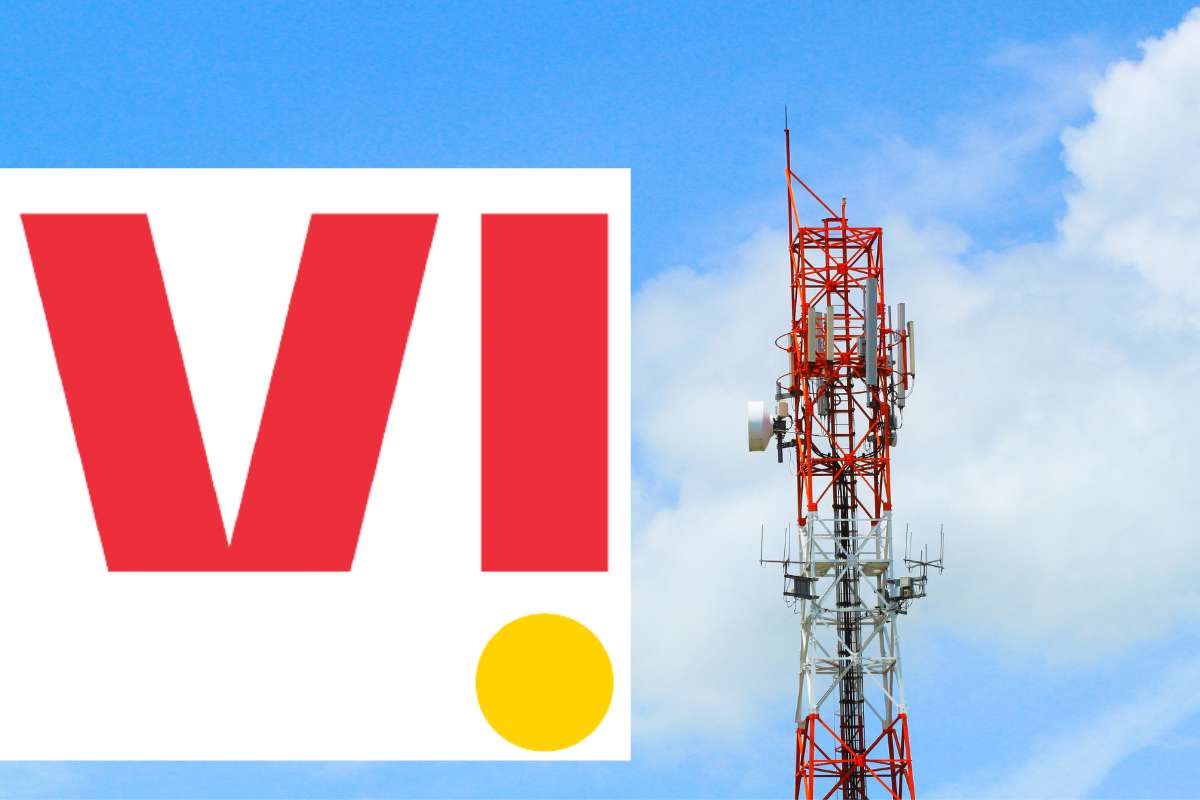Vodafone Idea (Vi) has been on the news since the time the telco came out with its financial reports last week. The operator has even started testing 5G networks with Nokia and Ericsson. However, there’s one thing that’s become very evident - the telco’s cash flow is in a severe condition. Regardless, the recent positives, such as subscriber addition in the months of February and March, is something the telco can build its recovery on. But Vi will need cash and lots of it to ensure that it can keep investing in its networks and keep paying off debts. To solve the cash issue, Vodafone Idea is planning to sell its fixed-line broadband business, data centre business, and optic fibre unit.
Vodafone Idea’s You Broadband Might be Sold
Vi had just started revamping the broadband plans offered to the users in multiple cities across India. However, now, according to an ET Telecom report, the telco is planning to raise $1 billion by selling assets, including the fixed-line broadband business, data centres business, and its optic fibre unit. The company has a ton of debt on its shoulders. If it only focuses on paying off the debt, it won’t be able to invest in expanding its network. However, if it only focuses on expanding the network, it won’t be able to pay off its debts. The telco’s peculiar cash crunch situation can only be solved through more cash. But the company hasn’t succeeded in getting a single investor until now. As per the words of Ravinder Takkar, Managing Director and Chief Operating Officer (CEO) of Vodafone Idea, the telco will have investors on board in the coming week. Vi needs cash desperately to keep on functioning and be able to compete with its rivals, Reliance Jio and Bharti Airtel. Just in between December 2021 and March 2022, the telco will have to shell out Rs 22,500 crore for spectrum-related dues and adjusted gross revenue (AGR) dues. If Vi could get some relief from the government on paying the spectrum dues later, it will be able to focus on improving network services rapidly, which might mean new users for the telco in the short term.
